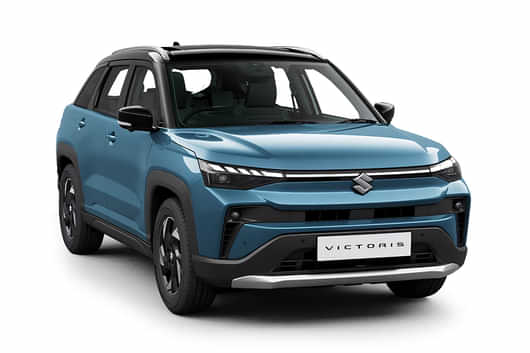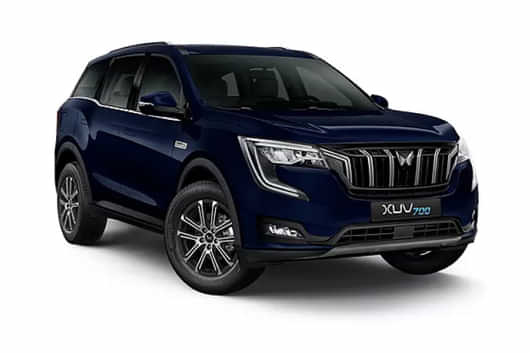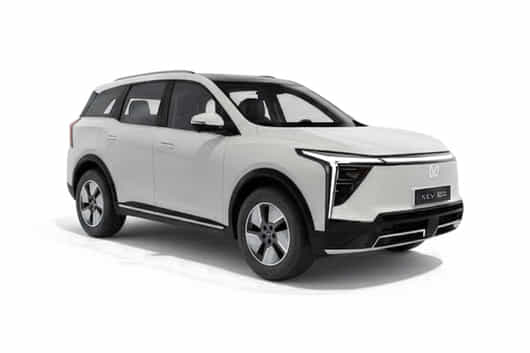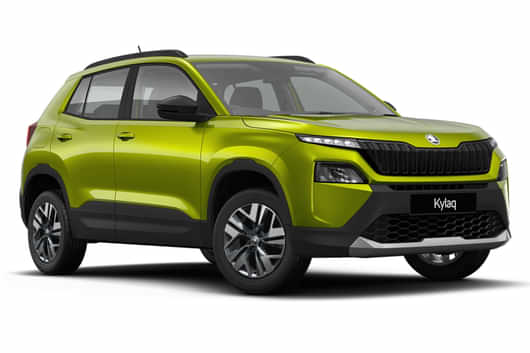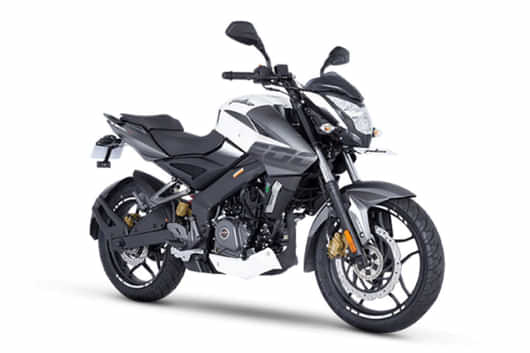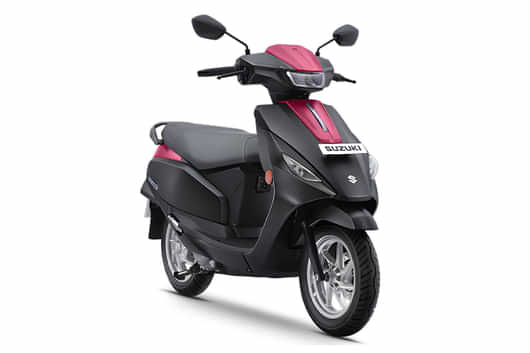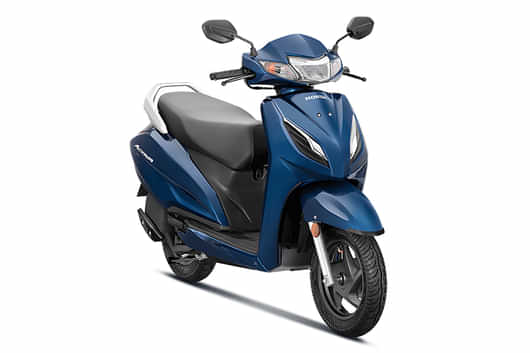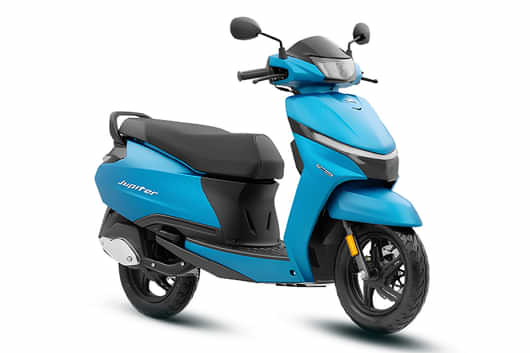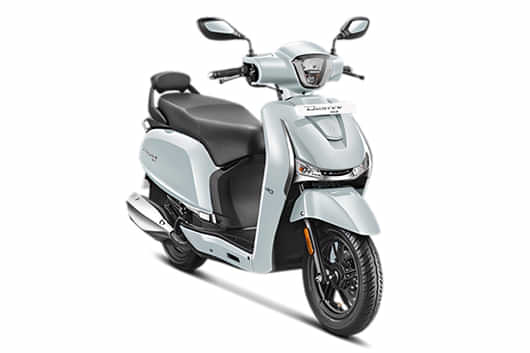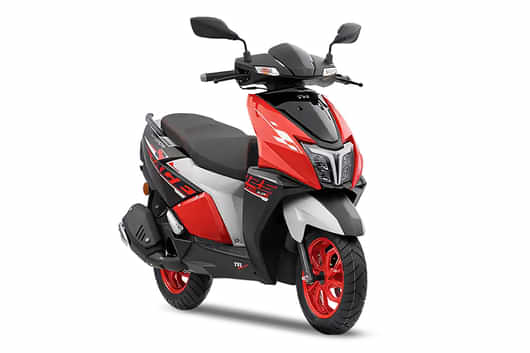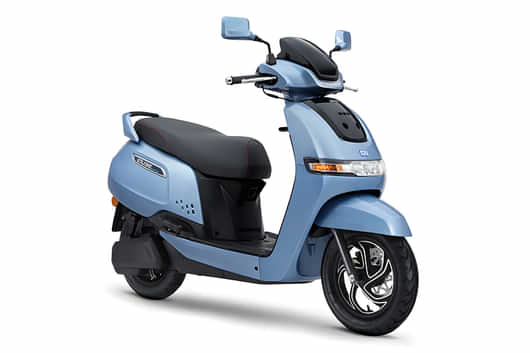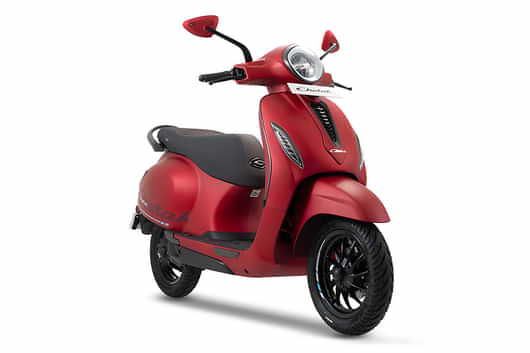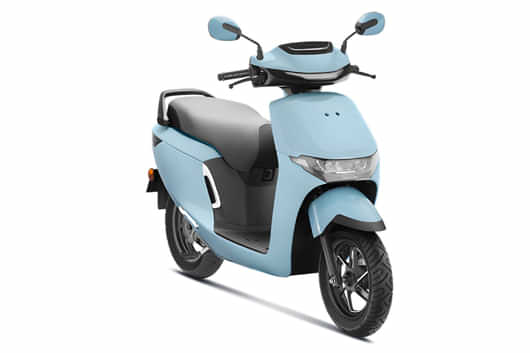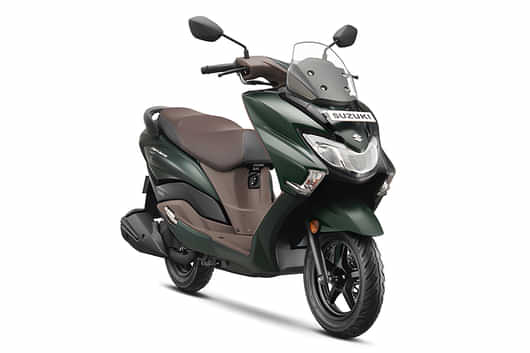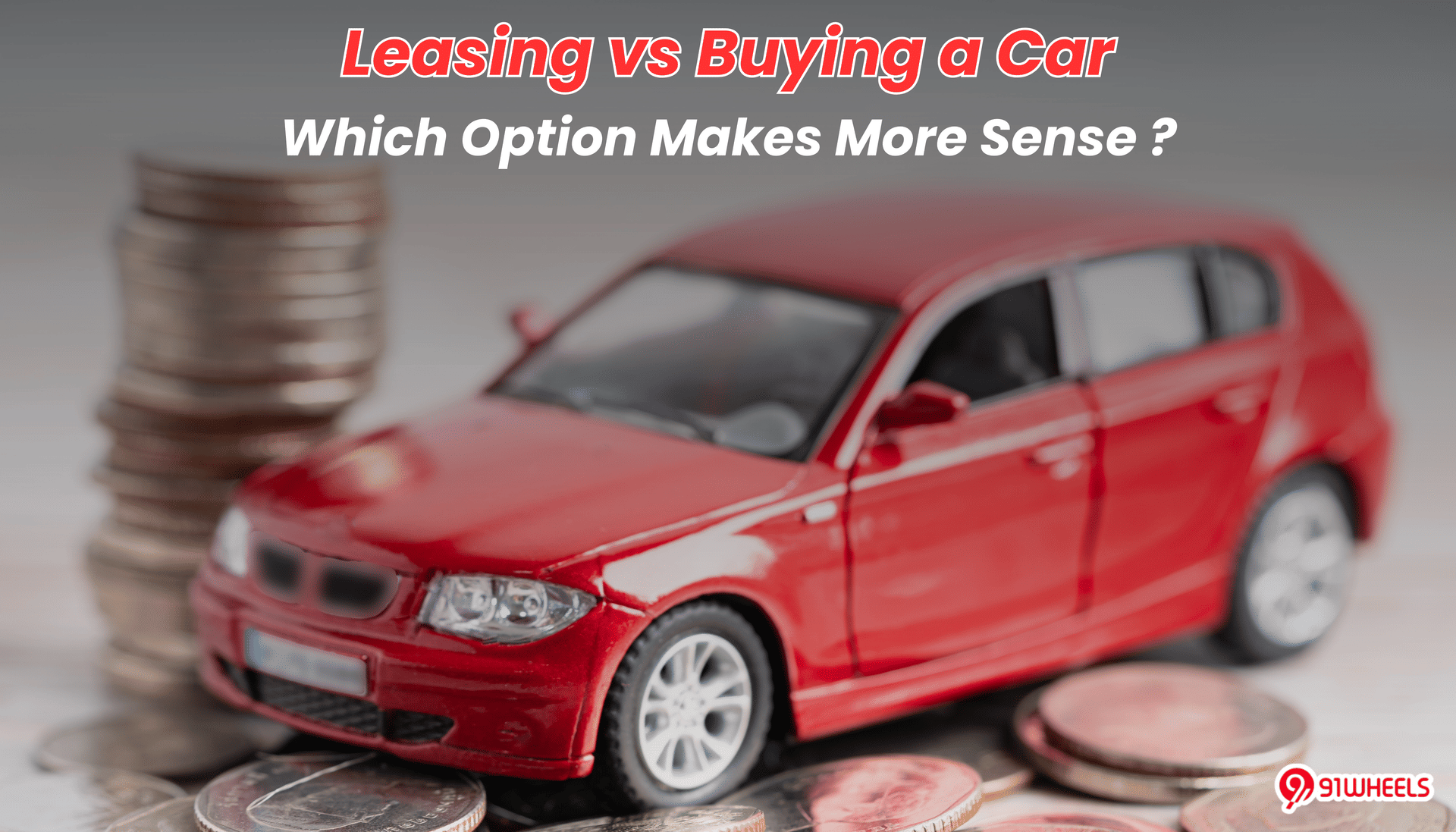
KEY HIGHLIGHTS
- Buying builds ownership, equity; leasing offers lower monthly payments.
- Leasing suits frequent upgrades; buying fits long-term use.
- Heavy commuters benefit from buying; avoid lease mileage penalties.
- Luxury car leasing reduces depreciation risk; buying saves long-term.
- Compare total cost of use, not just monthly payments.
Leasing vs Buying a Car: For many car buyers, the question isn't which car to buy, but how to get it - should you lease or buy? The answer isn't one-size-fits-all. It depends on your driving needs, financial goals and lifestyle preferences. Let's break this down in a way that helps you decide what's truly smarter today. Check out which options among these two suits you best below and make sure you don't leave this page without joining our 91Wheels WhatsApp Community to stay versed on the latest automotive news.
Read more: 2026 Hyundai i20 Spotted Testing; This Time in India: Check Details
Quick definitions

Buying means paying the full price of the car, either upfront or through a loan. Once paid off, the car belongs to you, and you can keep it as long as you want.
Leasing, on the other hand, is like renting for a longer term. You pay monthly installments to use the car for two to five years, and at the end, you return it - unless you choose to buy it at a pre-set residual value.
Leasing vs Buying a Car: Pros and cons
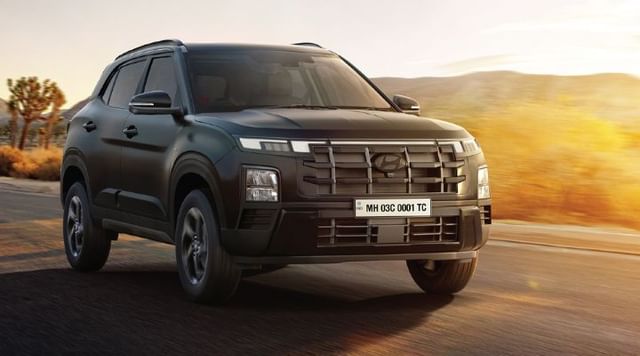
Buying - Why it works for many
- Builds ownership and equity over time.
- No limits on mileage, wear-and-tear, or modifications.
- Lower long-term cost if the car is kept beyond the loan period.
- Can sell, trade or keep as long as you like.
Cons
- Higher upfront or EMI burden.
- You carry depreciation risk.
- Post-warranty repairs add to ownership cost.
Leasing - Why it appeals

- Lower monthly payments compared to buying the same car.
- Ability to upgrade to a new model every few years.
- Warranty usually covers the entire lease term, reducing repair worries.
- No resale hassles at the end of the term.
Cons
- No ownership - the car is returned after the term unless you buy it.
- Strict mileage caps and penalties for excess use.
- Customization isn't allowed.
- Early exit fees can be expensive.
Leasing vs Buying a Car: Cost framework and buyer impact
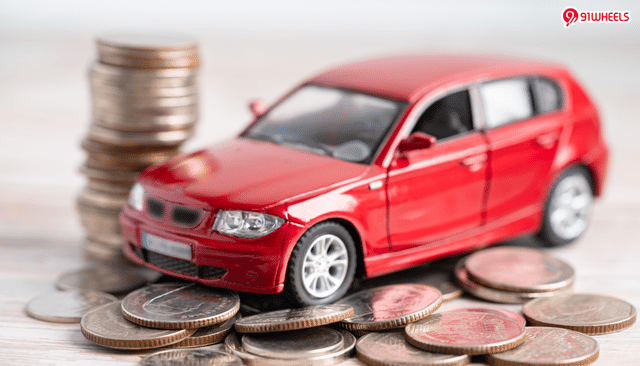
Rather than comparing sticker prices, compare total cost of use over a time horizon you care about (for example 3 years). Use the same horizon for both options.
Purchasing side (3-year example):
- Down payment + total EMIs paid in 3 years (principal + interest portion)
- Insurance premiums over 3 years
- Expected maintenance & tyres (warranty cover reduces early costs)
- Expected depreciation (market value drop after 3 years)
- Resale proceeds at the end of 3 years (subtract from costs)
- Taxes, registration, road tax, any one-time fees
- Net cost = (Down payment + EMIs + insurance + maintenance + taxes) - resale proceeds
Leasing side (3-year lease):
- Upfront security or down payment (if any)
- Total lease monthly payments for 3 years
- Insurance (often higher for leased vehicles)
- Excess-mileage fees (estimate conservatively)
- Wear-and-tear charges at lease return (estimate)
- Taxes and fees embedded in lease
- Net cost = (Upfront + lease payments + insurance + lease-end fees + taxes)
Compare the net costs and also consider cashflow (monthly affordability) and non-financial factors (wanting a new car every few years, avoiding resale).
A genius tip from my side: When estimating depreciation for purchased cars, look up real resale prices of the same model with similar age and kilometres. Don't rely solely on manufacturer-published numbers alone.
Leasing vs Buying a Car: Who should do what?

If you are a heavy commuter covering long distances, buying is often smarter. Lease mileage limits will quickly inflate your costs. On the other hand, if you love changing cars every two to three years to enjoy the latest tech, leasing works better.
Business users need to evaluate tax benefits, since in some cases lease payments can be deducted as business expenses, while depreciation benefits ownership. Families planning to keep a car for the long run benefit more from buying, especially when maintenance is predictable and the car can be used beyond loan years.
Luxury car buyers are another case altogether. Leasing helps reduce exposure to massive depreciation in the first three years. But if budget is tighter, buying a certified pre-owned luxury car often makes the most financial sense.
Hidden costs and pitfalls to check
- Mileage caps and penalties in lease contracts.
- "Excess wear" clauses that may charge for scratches or dents.
- Disposition or early termination fees.
- Insurance requirements, which are often stricter for leases.
Read more: GST 2.0 Effect: Maruti Suzuki S-Presso at Rs. 3.50 Lakh Vs Renault Kwid: Better Buy?
Verdict
Leasing offers flexibility, lower upfront stress, and peace of mind with warranty coverage. Buying builds long-term value, complete control, and eventually reduces costs if you keep the car for many years.
The smarter option depends on your situation: if you prioritize short-term affordability and like frequent upgrades, leasing is attractive. If you value ownership, freedom, and minimizing costs in the long run, buying wins. The real key is to compare total cost over your intended use period, not just what feels cheaper month to month.
















